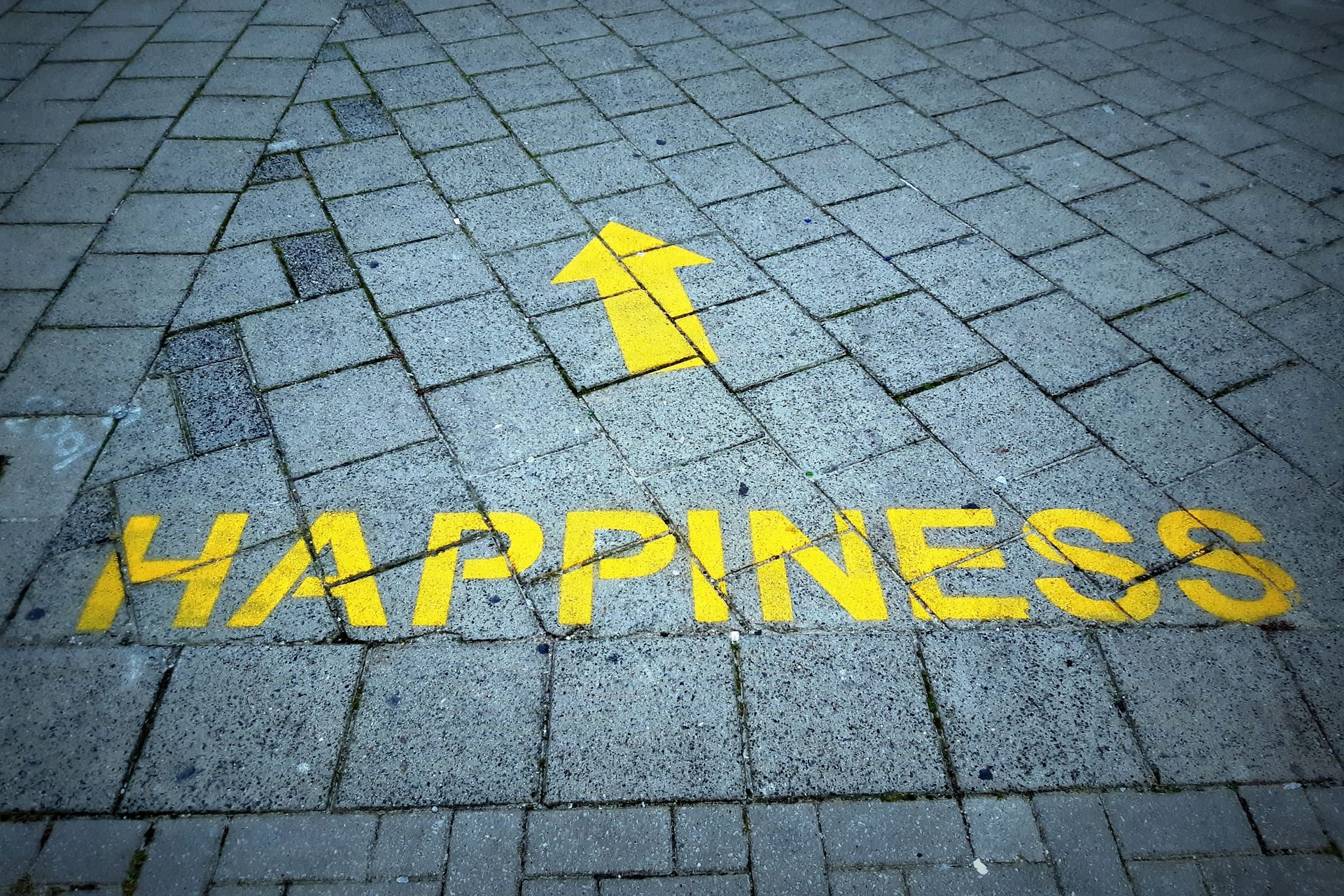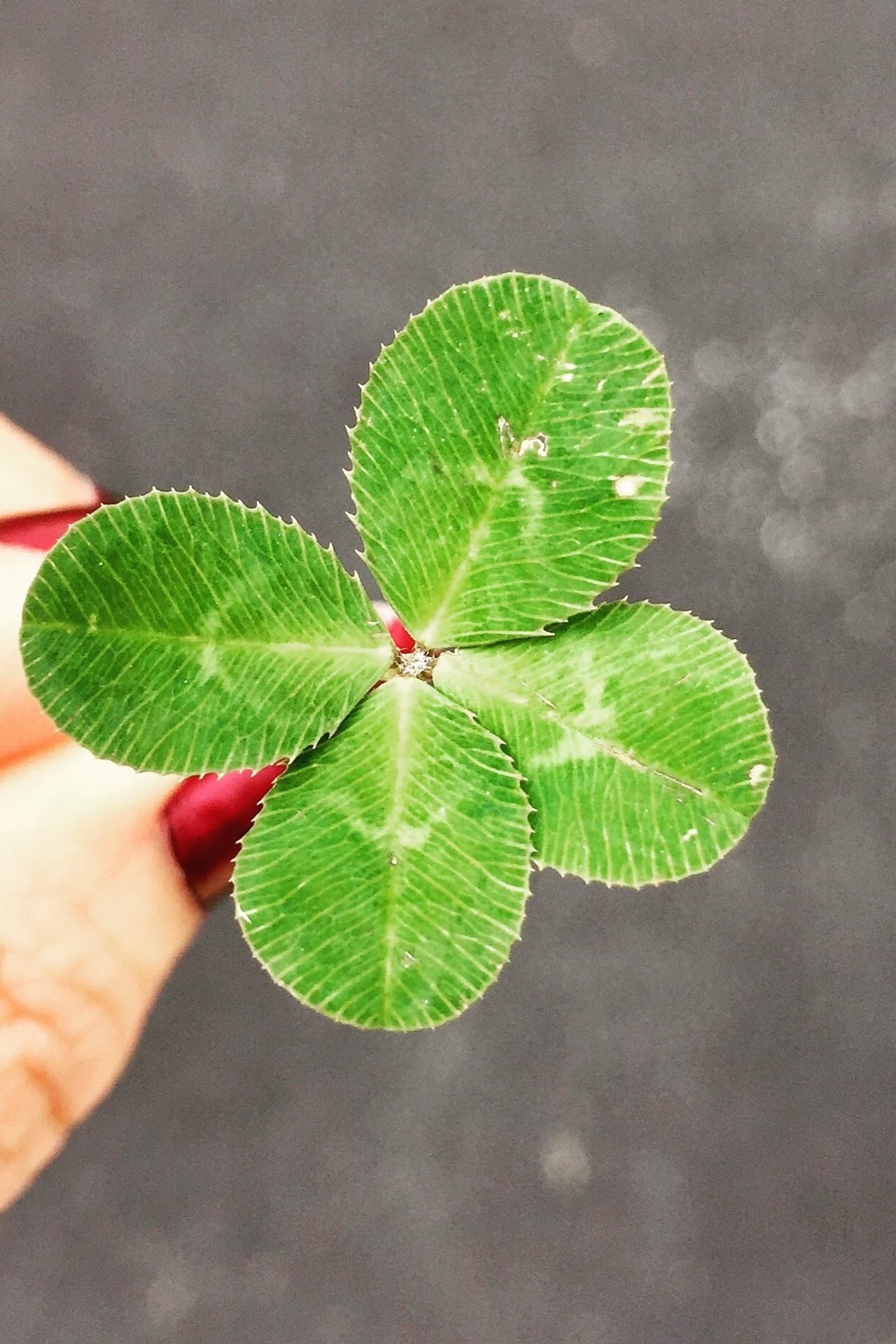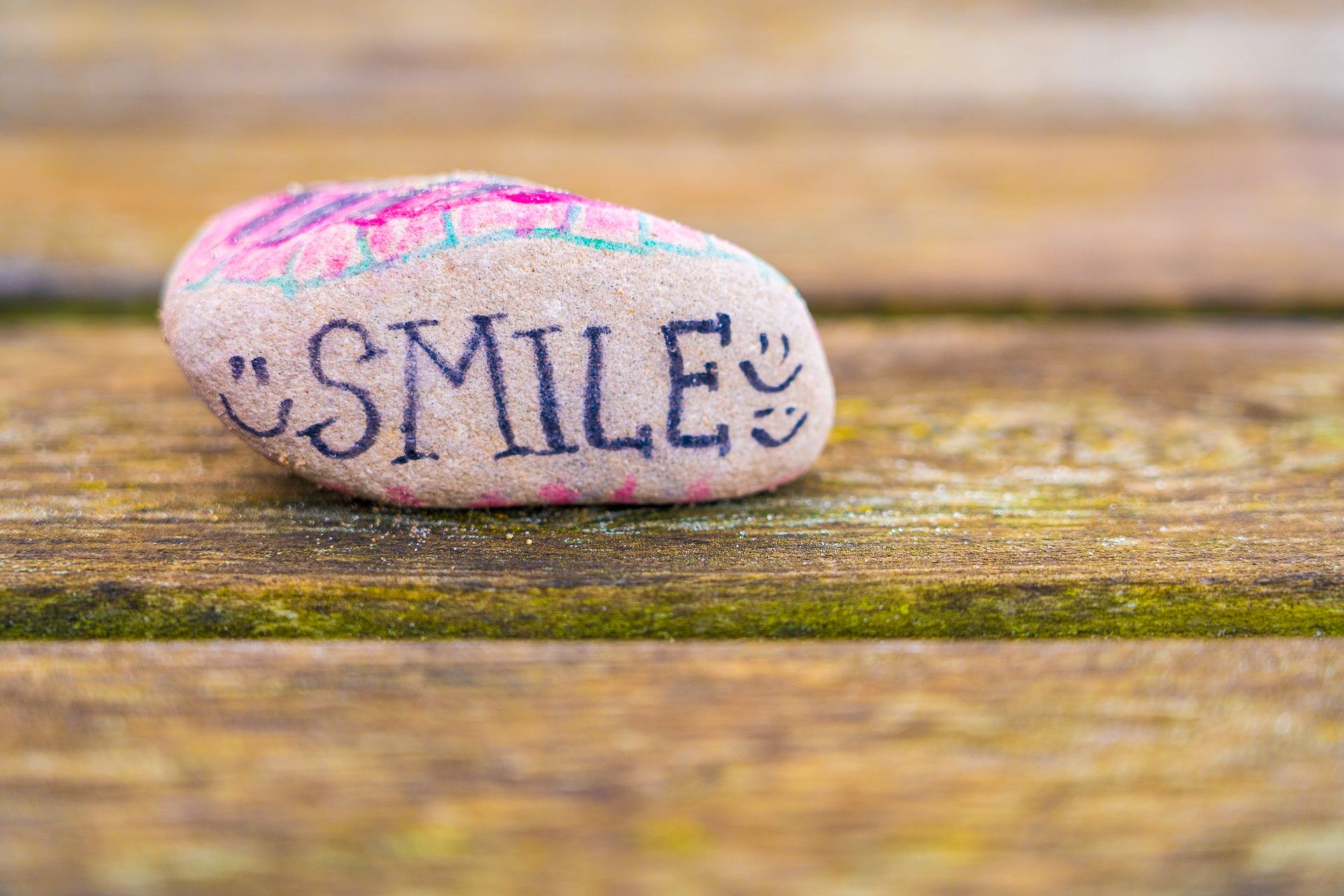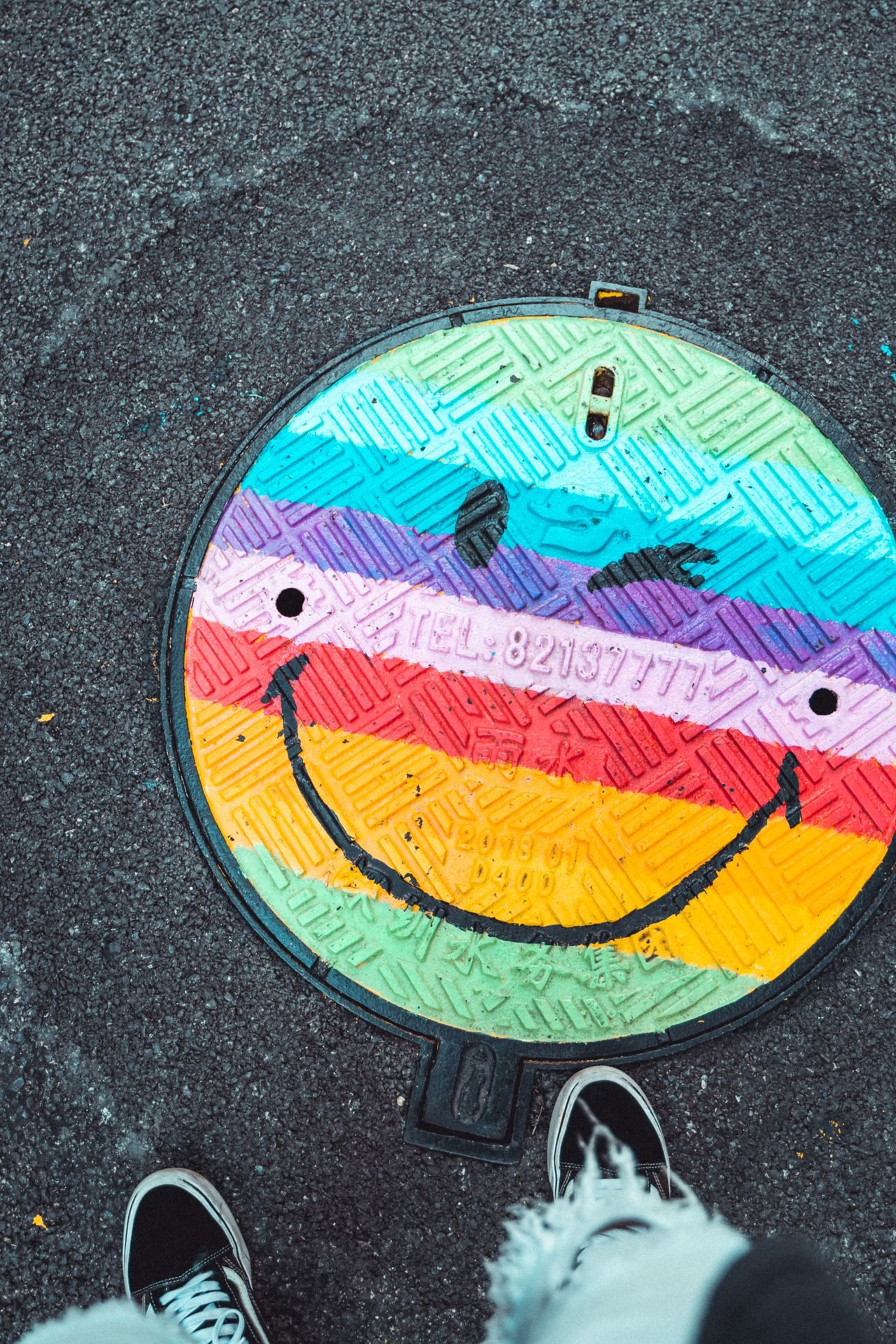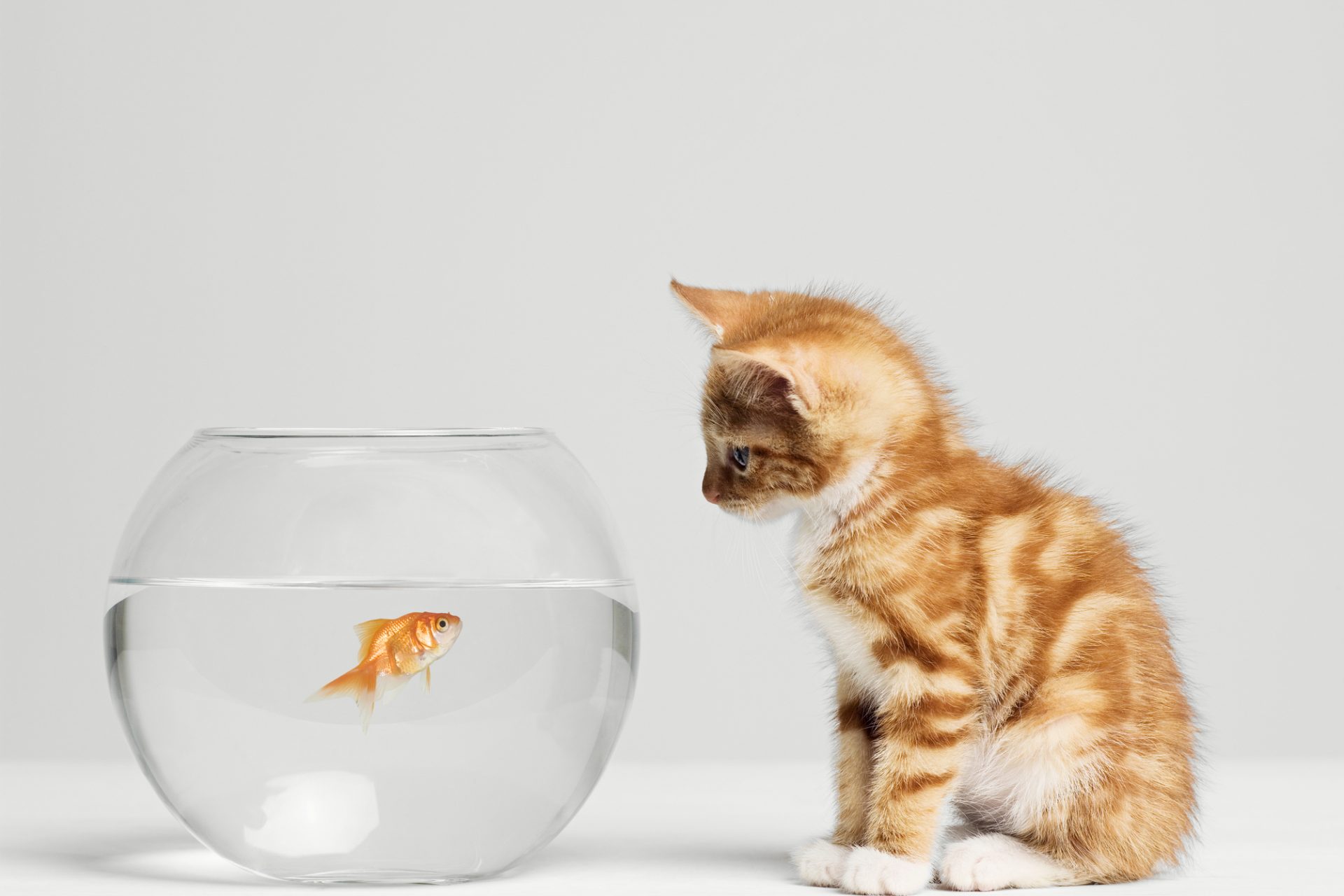5 foolproof (scientifically proven) methods to find happiness
Who doesn't want to be happy? Each human being, whatever their origins and living conditions, seeks happiness and well-being in their own way during their existence.
Good news: this state, often idealized or considered inaccessible, is easier to achieve than we think. Let us explain.
@Surface/Unsplash
Multiple scientific studies on the subject demonstrate that happiness should not be considered as a quest of absolutes. On the contrary, it is in everyday life that well-being can be found.
@Zac Durant / Unsplash
Recent advances in neuroscience have made it possible to clarify which skills and methods are effective in approaching happiness, provided they are actually put into practice.
@D Jonez / Unsplash
The magazine 'GQ Mexico' selected five from neuroscientific studies cited by Richard Davidson, specialist on the subject and founder of the Center for Healthy Minds at the University of Wisconsin.
@ Ave Calvar / Unsplash
First method: resilience. This very popular term is defined by the American Psychological Association as the “process of adaptation to adversity”.
@Amy Reed / Unsplash
Concretely, it's about overcoming the challenges of life by bouncing back quickly and learning from them, instead of letting yourself be crushed by the difficulties that never fail to arrive.
@Miguel Bautista / Unsplash
Another method cited by 'Psychology Today': positive thinking. This allows us to better appreciate the good sides of life and others, without abandoning any form of critical thinking.
@Nick Fewings / Unsplash
By choosing to focus on the good things rather than the bad, we can better appreciate what life has to offer us, while also coping better with difficult times.
@Fernando Brasil / Unsplash
It no longer needs to be proven that generosity contributes to personal development! A study from the University of Notre Dame demonstrated that this attitude brings “better mental and physical health, increased productivity and creativity, higher income, more pro-social behavior and stronger relationships.”
@Omar Lopez / Unsplash
Consider helping others, create a routine of selfless acts and do things that matter to you: making others happier will put you on the path to happiness.
@Annie Spratt / Unsplash
Close to positive thinking, gratitude can help us have better social interactions and more beautiful memories, as well-being specialist Tchiki Davis explains in his column for 'Psychology Today'.
@Robin Noguier / Unsplash
It is recommended to practice a small exercise of gratitude every day, for example by thinking about positive things or writing them down every morning or evening.
@Fineas Gavre / Unsplash
The importance of a good balance between the different aspects of existence is recommended by 'Psychology Today', particularly with regard to professional and personal life.
@Nathan Anderson / Unsplash
To do this, don't hesitate to set healthy limits regarding your workload, the amount of attention you can give to others or the management of your time. Once again, it's all about balance!
@Roberto Nickson / Unsplash
More than ever, science shows us that certain techniques and behaviors can decisively improve our well-being. And you, what is your method?
@Yuyang Liu / Unsplash
More for you
Top Stories






